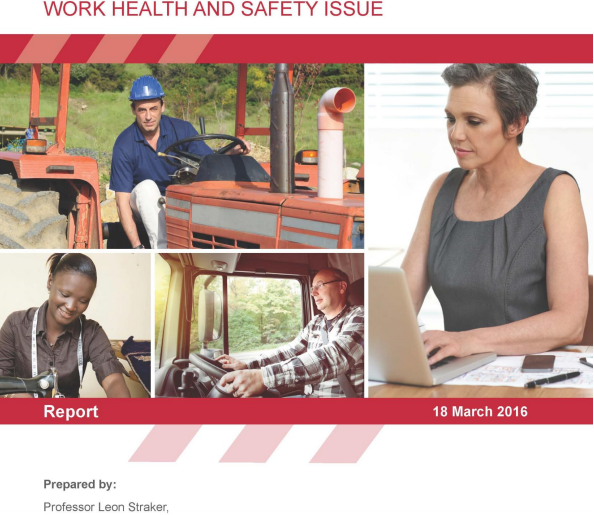The following article was published in The Conversation on July 27th, 2017. Could too much sitting be bad for our brains? Sitting affects our glucose levels, which affects our brain. Unsplash/Andrew Branch, CC BY-SA Michael Wheeler, University of Western Australia; Daniel Green, University of Western Australia; David Dunstan, Baker Heart and Diabetes Institute, and Paul Gardiner, The University of Queensland In many aspects of life where we need to use our brain power, we also tend to sit down: at school, at work, sitting exams or concentrating on a crossword. In a new paper, we explore how prolonged sitting may affect the brain’s fuel supply and have a negative impact on brain health. The brain is a glucose hungry organ. It weighs about 2% of body mass but demands about 20% of our resting energy requirements, which is mostly in the form of glucose, the primary brain fuel. If this energy supply is disrupted it can impair and even damage brain cells. Therefore, the availability of glucose to brain cells may have implications for brain health. Exposure of the brain to both high glucose levels and low glucose levels can increase the risk of developing dementia. Also, switching between a…







